Lightfoot, CPD reject community suggestions regarding policing
Chicago Police officers cross the street in downtown Chicago, Wednesday, April 22, 2020.
On Oct. 15, the Use of Force Community Working Group published an open letter to Mayor Lori Lightfoot demanding that she enforce their demands regarding “Recommendations to reduce the ongoing CPD violence and harm inflicted on the people of Chicago.”
The group went to CPD directly but CPD only accepted five out of 155 recommendations to the department’s policies, including banning chokeholds, prohibiting force against peaceful protestors and restricting force against vulnerable people to name a few.
Members published the letter in the Chicago Sun-Times because “The Police Department has demonstrated the new use-of-force policy input process is a sham, designed only to create the illusion of community engagement.”
The group, composed of 34 members including community leaders and activists, believes that Lightfoot needs to act on her campaign promises to make Chicago safer for the most vulnerable.
On June 15, Lightfoot and CPD announced the group would review the department’s use of force policies in line with CPD’s commitment to working towards reform efforts.
“…the new Use of Force Working Group will convene in partnership with CPD over the summer to provide feedback, revisions and formal recommendations to the Police Department to adopt under a new use of force policy,” a press release from the Mayor’s office said.
“[They] will not only review and revise all nine of CPD’s Use of Force policies, but also work in partnership with our officers to build a better, safer and stronger Department,” Lightfoot said.
CPD’s partnership with the Use of Force group gave community members an opportunity to provide their input and revisions to various CPD policies, procedures and training.
The group will propose recommendations for use of force policies to help ensure officers respect the sanctity of all lives, as well as officer safety and de-escalation techniques that prevent or reduce the need for force.
The Mayor was also joined by CPD Superintendent David O. Brown, who emphasized the integral role of community feedback in making meaningful police reform.
“One of the most important components of our commitment to meaningful reform is ensuring that we provide our community partners with a seat at the table,” Brown said. “The open and productive dialogue that will take place over the next several months will result in improved use of force policies for officers and residents alike.”
The group met for eight weeks over the summer before presenting their final and written policy recommendations for CPD’s Executive Steering Committee to review. The committee is composed of the most senior leadership at the police department, including Superintendent Brown.
According to the group’s recommendations and revised policies, “After spending months studying CPD use of force policies and researching best practices from around the world, the Working Group made a set of urgent recommendations to remedy serious deficiencies in the current policies and dramatically reduce CPD violence and civil rights violations and save lives.”
“The recommendations prioritize the sanctity of all human life by requiring officers to deescalate encounters with community members to avoid the need to use force, reserving force as a measure of last resort, and restricting the amount of force to the least amount
necessary under the circumstances,” they added.
On Oct. 14, one day before the group’s letter was published, WBEZ reported that CPD largely ignored the group’s recommendations.
They reported that the accepted changes are technical in nature with a focus on the language used in their policies, like adding a definition for the “sanctity of life,” a term that was already included in the existing force policy.
CPD also agreed to change the word “subject” to “person” in the use of force policy.
One of the group’s members, Amika Tendaji, who also organizes with Black Lives Matter Chicago, called CPD, “ridiculous” for only accepting five out of 155 proposed revisions.
Tendaji said throughout the working group process, she felt that the city was not actually interested in changing the Chicago Police Department.
“The response to the working groups is more of the same,” she said. “It’s a determination to brutalize citizens, particularly those fighting for their humanity, their dignity and their right to exist.”
Another member of the group includes University of Chicago law professor Craig Futterman, who said that after speaking with 25 members of the group, they described the process as a sham.
“It was designed to use us, to use a group of folks with credibility with the community … to allow [the city] to check the community engagement box,” Futterman said. “I can’t describe the anger and disenchantment of the folks who really put themselves into this.”
CPD officials said they rejected 150 out of 155 recommendations because they would, “…run afoul of state law or collective bargaining agreements, or because they were deemed not operationally feasible.”
Members of the Use of Force Community Working Group feel like CPD’s approved recommendations are surface-level, performative actions. They also feel that the Mayor has not lived up to her campaign promises and public statements of ensuring policing reforms.
“As people in Chicago and around the nation continue to raise our voices against police violence and to affirm that Black Lives Matter, this is your opportunity to prove that they really do,” the letter to Lightfoot read.


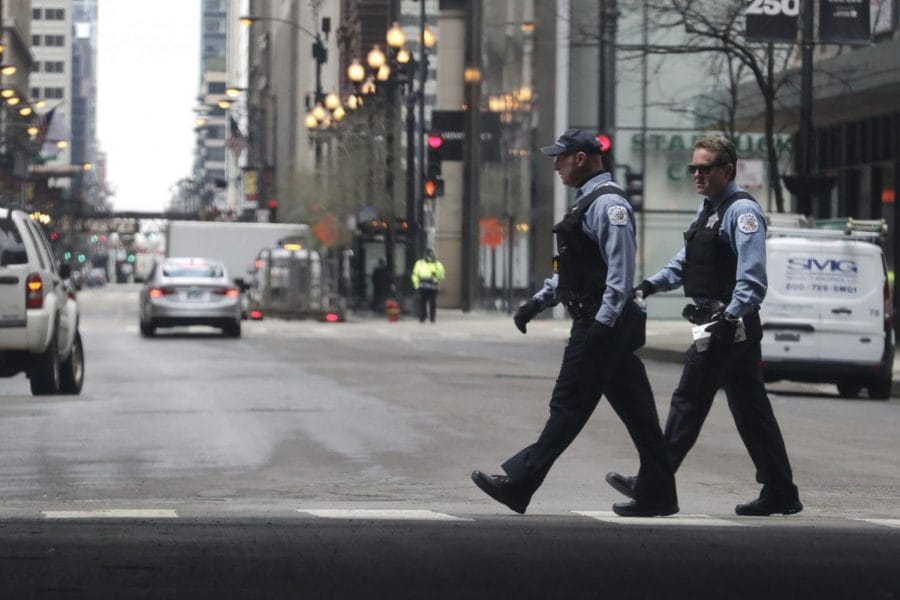
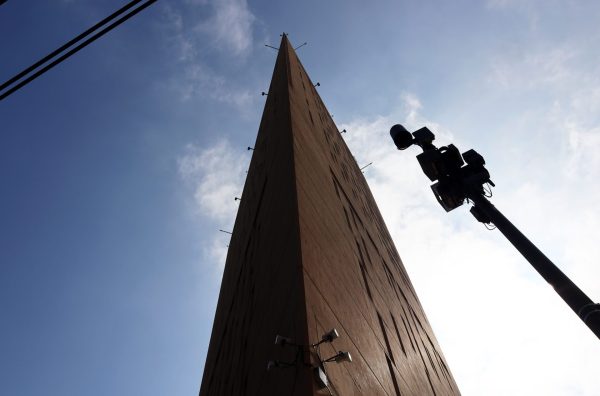
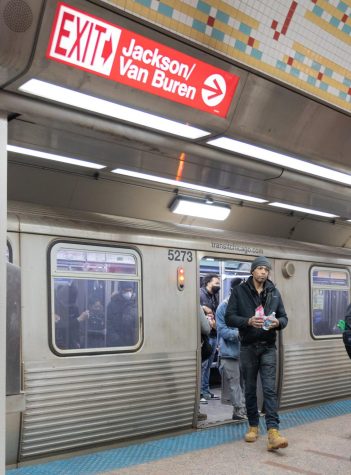
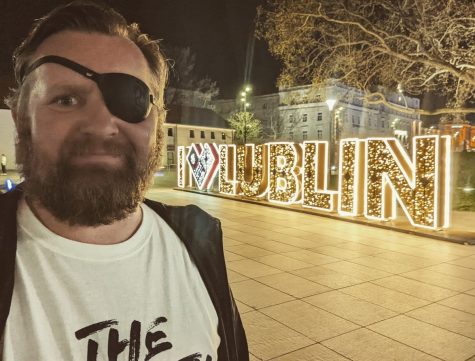

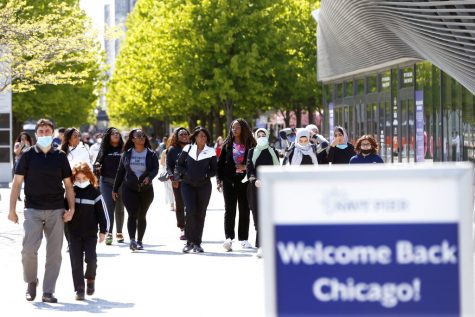
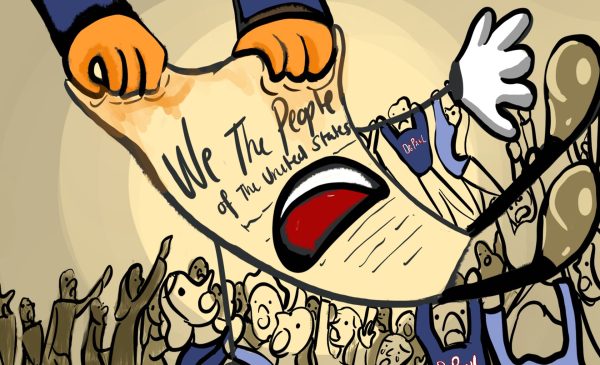

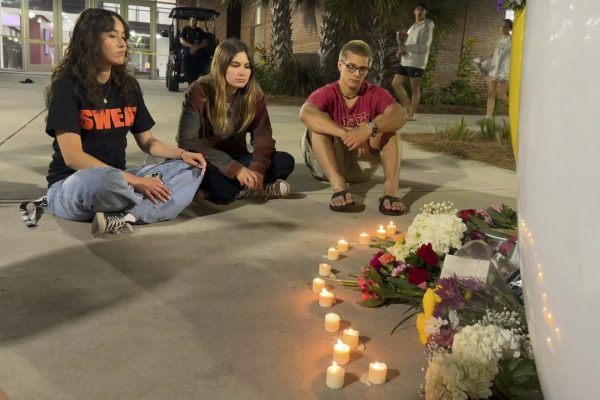
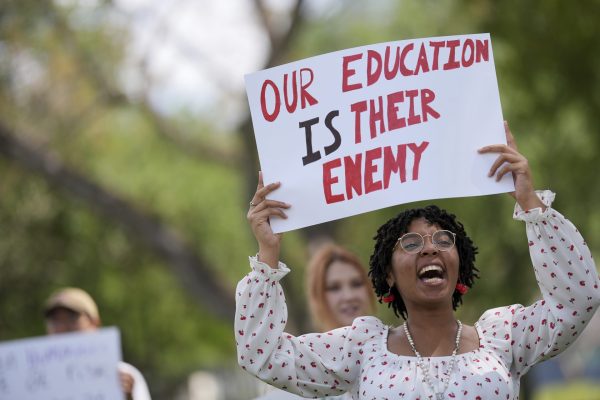

Karyn Volling • Oct 26, 2020 at 12:33 pm
Maybe if people obeyed the laws of a civilized county, that are there to protect EVERYONE, there would be no need to revise the policies.
Stop thinking that you are special because of something that happened to others of your race one hundred years ago.